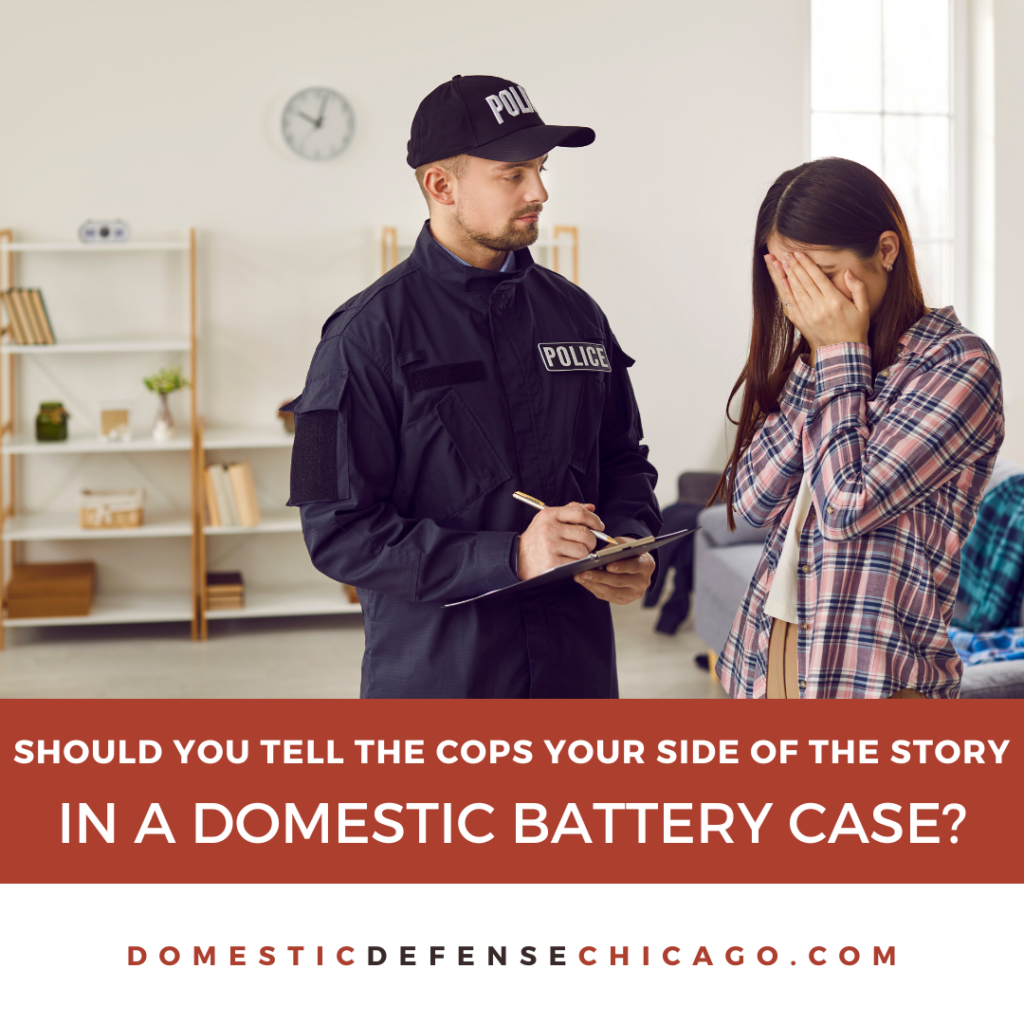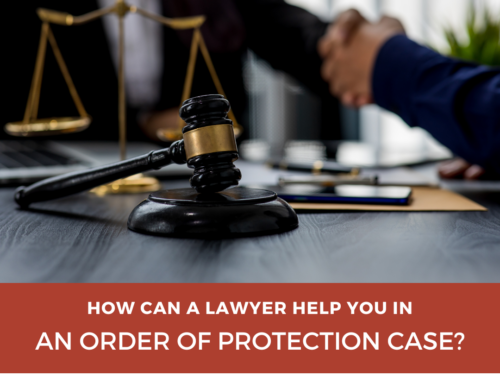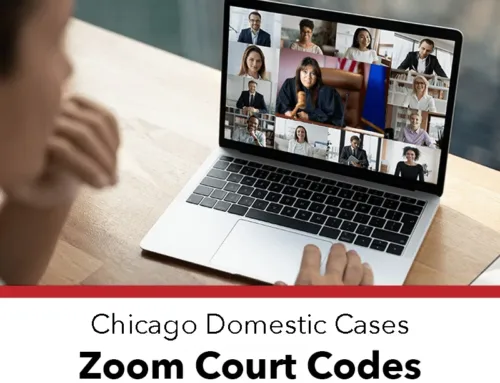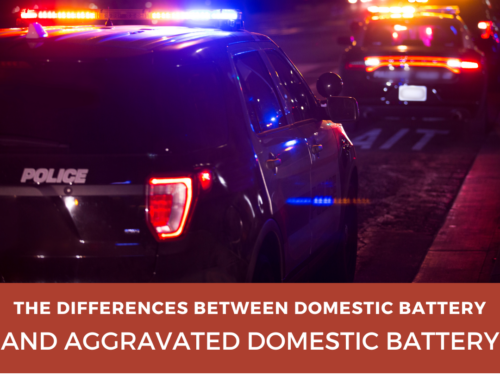Accusations of domestic battery can flip your world upside down. You may feel desperate to tell your side of the story to the police, but is that the best strategy? This guide can help you navigate this complex situation.
Should You Tell Police Your Side of the Story in a Domestic Battery Case?
In this guide, we’ll delve into:
- Your rights during a police interrogation
- The role of legal representation
- Risks of speaking without a lawyer present
- The art of communication with law enforcement
- Appropriate actions after an accusation
Here’s a closer look at each.
Your Rights During a Police Interrogation
After you’re accused of domestic battery, you may feel an immediate impulse to clear your name by sharing your perspective with the police. However, remember that you have the right to remain silent under the Fifth Amendment. You aren’t required to share your side of the story without legal representation.
Related: How a domestic battery defense lawyer can help you fight false allegations
The Role of Legal Representation
Engaging a lawyer as soon as possible is a crucial step when facing accusations of domestic battery. A skilled lawyer understands the ins and outs of the law and will guide you on what to share and what not to share, minimizing the chances of self-incrimination.
Risks of Speaking Without a Lawyer Present
Although your intention may be to provide clarity, speaking without a lawyer could inadvertently incriminate you. The police are experienced interrogators and may interpret your words in a way that you didn’t intend. It’s essential to have legal representation present when discussing your side of the story.
Related: Can you claim self-defense in a domestic battery case?
The Art of Communication with Law Enforcement
Respectful and cooperative interaction with law enforcement goes a long way. If the police approach you for questioning, it’s critical to stay calm, express your intent to cooperate, and insist on the presence of your lawyer during any discussions.
Appropriate Actions After an Accusation
If you’re accused of domestic battery, immediately contacting a lawyer should be your first action. Refrain from discussing the details of the case with anyone else, particularly on social media platforms. Your lawyer will guide you on the next steps, including dealing with the potential consequences of the accusation.
Related: What happens if someone gets an order of protection against you in Illinois?
FAQ About Telling Police Your Side of the Story in a Domestic Battery Case
Check out these commonly asked questions about telling police your side of the story in a domestic battery case. If you don’t see the answers here, please call our office and we’ll get you the information you need.
Should I apologize to the police or the alleged victim?
While an apology may seem like the right thing to do, it could be perceived as an admission of guilt. Avoid making any such statements without your lawyer’s advice.
The police are pressuring me to talk. What should I do?
Politely but firmly insist on having your lawyer present. It’s your right.
Can the police lie during the interrogation?
Yes, it’s legal for the police to use deceptive tactics during the interrogation. This is another reason why it’s essential to have a lawyer present.
I’ve already talked to the police. What now?
If you’ve already spoken to the police, inform your lawyer about everything you’ve said. They can help mitigate any potential damage.
Related: Does a domestic battery conviction stay on your record forever in Illinois?
What if I’m innocent?
Even if you’re innocent, do not discuss the case without your lawyer present. Innocence must be proven in court, and any statement you make could be used against you.
The question of whether you should tell your side of the story to the police in a domestic battery case doesn’t have a one-size-fits-all answer. But one rule always holds: consult with your lawyer before making any decisions. Their expertise and guidance can be the difference between a favorable outcome and serious legal consequences.
Do You Need to Talk to an Attorney About Domestic Battery Defense?
If you need to talk to a domestic battery defense attorney in Illinois, we’re here to help. Call us at 847-920-4540 now – we’ll be happy to give you a free consultation and talk to you about your options.







Leave A Comment
You must be logged in to post a comment.